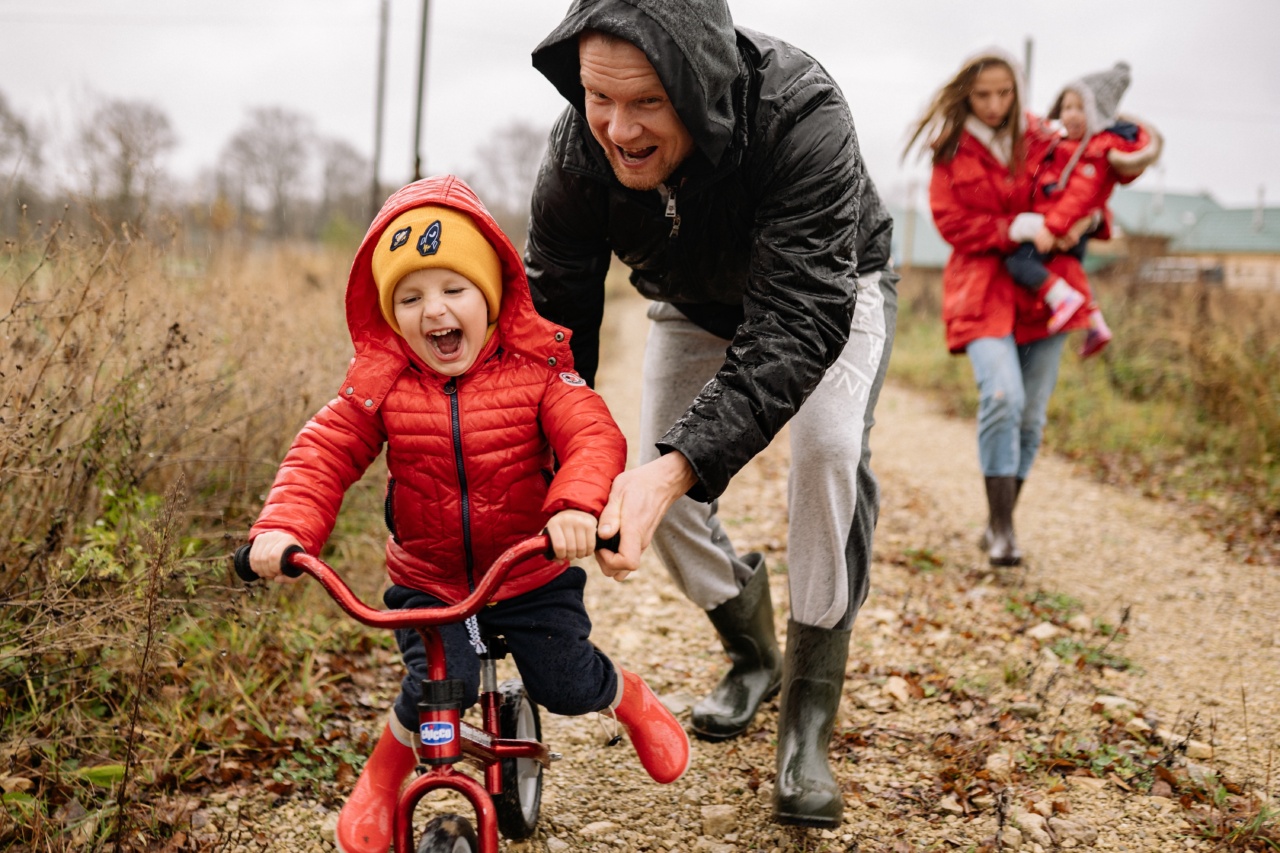Divorce can be a tough and emotionally challenging time for everyone involved, particularly children. Child psychologists have established that divorce can be detrimental to the mental health of children, and it can have long-lasting effects.
Despite the challenges and difficulties, there are ways to navigate this difficult time while keeping the best interests of your children in mind. Here are some tips for helping your children cope with the divorce:.
Create an Open Environment
It is important to create an open and safe environment for your children to express their feelings and emotions. Encourage them to talk about any concerns or anxieties they may have, and listen to them carefully.
Try to not only hear what they’re saying, but also understand the reasons behind their feelings. Make them feel validated and loved, regardless of the family changes they are experiencing.
Avoid Blaming Each Other
When there are conflicts or disagreements between you and your partner, try to avoid blaming each other in front of your children. Blaming only causes stress and anxiety for children.
Instead, try to communicate and work together to make decisions to ease this process, and focus on moving forward.
Maintain Consistency
During and after divorce, it’s important to maintain a routine for your children. Their lives are already changing, and disruptions in their schedules can prove to be stressful.
Make sure that their daily routine remains similar to what they were accustomed to before the divorce; their daily activities, school routines, friendships, and other activities should remain as consistent as possible.
Reassure Them That It Is Not Their Fault
Children often blame themselves for the divorce, even though that’s not the case. As their parents, it is essential to reassure them that it’s not their fault, and that they aren’t the cause of the situation.
Make them feel loved and reassured during this time of upheaval and change.
Support Your Child’s Relationship with your Ex-Partner
Although you have split from your partner, it’s crucial to remember that they are still your child’s parent. Don’t talk negatively about your ex in front of your children or prevent them from seeing each other.
Your child’s relationship with both parents is important and should be respected.
Be Honest
Your children will have a lot of questions regarding the reasons behind the divorce. Be honest with your answers, but ensure they are age-appropriate and easy for them to understand.
Try not to blame the other parent or bad mouth them in front of your kids. Instead, emphasize the importance of continuing to love each other, pushing past conflicts and living life to the fullest.
Do Not Use Your Children As Middlemen
Children should not be involved in adult matters. They should not be asked to relay information to one parent about the other. This puts them in a stressful and confusing position.
It is better to communicate with your ex-partner directly or through a mediator or legal representative.
Get Professional Help If Needed
Divorce might require professional help, particularly if your child is experiencing severe difficulties coming to terms with the family changes.
Consider seeking professional help like counseling and therapy, which can help your child learn how to process and communicate their emotions.
Take Care of Yourself
Divorce isn’t just hard on your children; it’s tough for you, as well.
During this period, it’s critical to take care of yourself: eat well, maintain a healthy work-life balance, and engage in activities that help alleviate any stress or burden you’re carrying.
Divorce is a difficult and emotional period for everyone in the family. However, by keeping your children’s best interests in mind, you can ensure that the process is less stressful for everyone.
Remember, your job as a parent is to keep your children safe and happy, even during the most trying of times.






























